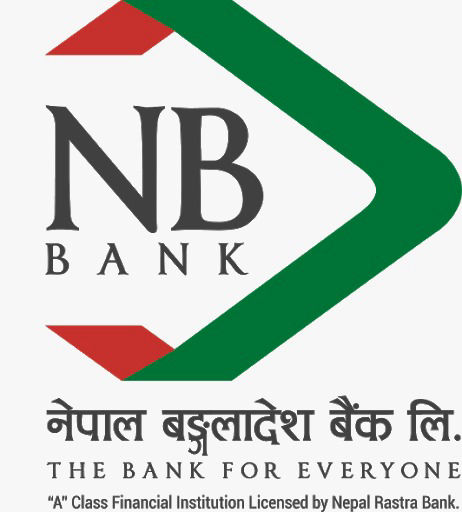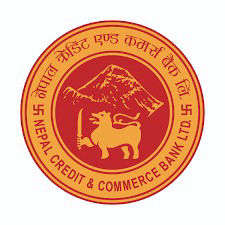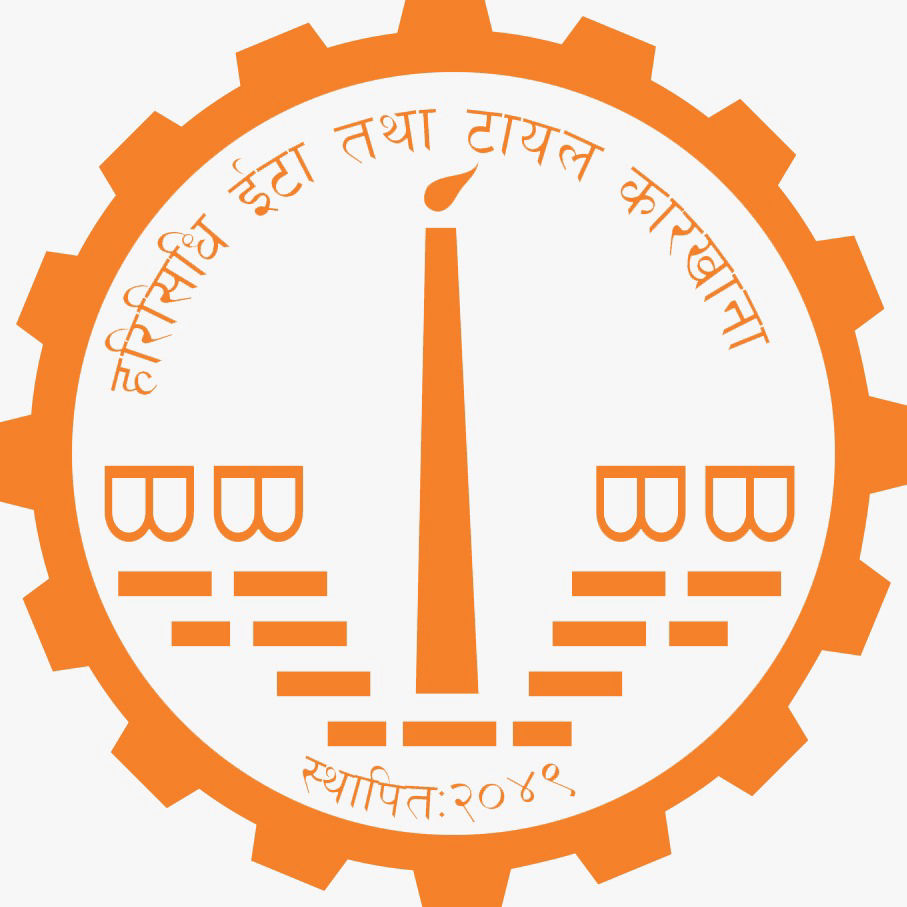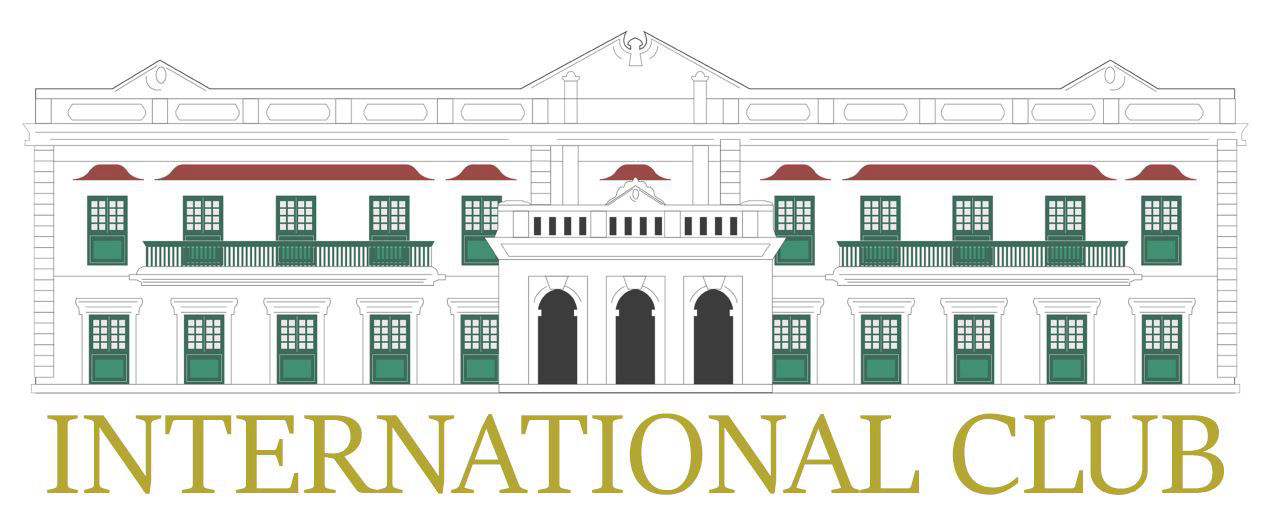
NB Bank
Nepal Bangladesh Bank Ltd. is a leading ‘A’ class commercial bank licensed by Nepal Rastra Bank. Nepal Bangladesh Bank was registered with Office of Company Registrar (50-050/051, Dated January 14, 1994) as a public company limited by shares. Nepal Bangladesh Bank started its banking operation from 6th June, 1994. Nepal Bangladesh Bank was established as a joint venture bank with IFIC Bank Ltd., Bangladesh. Shares of the bank are listed in Nepal Stock Exchange Ltd. since 1995.
NB Bank is a joint venture bank between NB Group (Nepal) Pvt. Ltd., its associate companies and IFIC bank of Bangladesh. IFIC Bank is one of the leaders in serving the ever increasing demands for domestic and international banking.






